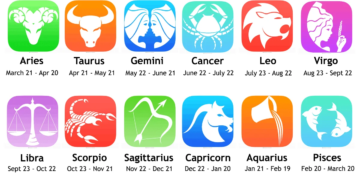WASHINGTON (news agencies) — Alexia and Bart Collart braced for a hard visit. Marines came to their home in Arlington, Virginia, last week to brief them on what caused the Osprey crash in Australia last year that resulted in the death of their son and two other Marines.
But they weren’t expecting to hear these words: Your son didn’t die in the crash.
Cpl. Spencer R. Collart had safely escaped the aircraft. But the 21-year-old saw that the Osprey’s two pilots were unaccounted for. Despite the smoke and flames, he went back in.
Collart “heroically reentered the burning cockpit of the aircraft in an attempt to rescue the trapped pilots,” the official Marine Corps investigation into the crash found. “He perished during this effort.”
For his valor, Collart will be posthumously awarded the service’s highest noncombat award: the Navy and Marine Corps Medal. It is an honor awarded for acts of heroism at great risk to the servicemember’s life.
It didn’t surprise his dad that Spencer tried to save the pilots.
“I heard a song the other day. I’ve heard it many times,” Bart Collart said. “There was a quote in there, about how ‘the last thing on my mind was to leave you.’ And I think that was Spencer talking with me a little. He had no intention of leaving us. I think he thought he’d go in and get the job done.”
Spencer Collart was a goal-driven, 6-foot-2, grinning Washington-Liberty High School lacrosse player who walked into the house on his 18th birthday with a surprise: He’d just enlisted.
“The Marines are the top of the top. The best of the best,” Spencer told his mom Alexia Collart, when she asked him why. The Collarts weren’t a military family, but Spencer wanted to serve. And he wanted to fly.
He got his top assignment choice and met his two best friends, Lance Cpl. Evan Strickland and Cpl. Jonah Waser. They spent a year together training to become crew chiefs, enlisted Marines responsible for the aircraft and its passengers. There’s a photo of them posing with their class on April 22, 2022, the day they earned their wings.
They were flying the V-22 Osprey, which functions as both an airplane and a helicopter. But it’s an aircraft that has a troubled history and four fatal accidents in two years.
In June 2022, Strickland was killed along with four other Marines in a training crash in California. Collart served as a pallbearer. He stayed in close touch with Strickland’s family, calling to check on them, Facetiming them on the crash anniversary, and reading the accident investigation report from cover to cover, Strickland’s mother, Michelle, said.
“He wanted to really understand,” she said.
When Spencer’s unit deployed to Australia in April 2023, he asked his mother if he could give Michelle Strickland her number so they could text each other.
“He had the foresight to connect me with Michelle. I don’t know if he was concerned or worried. I suspect maybe he was,” Alexia Collart said.
Still, Spencer flourished in his role. He took on hard jobs no one wanted, like packing the unit’s plane before they deployed. His squadron kept showing up with more gear, so he kept unpacking and repacking it, again and again.
By the fourth try Spencer was “red and black, just covered in grease and sunburn,” his commander told Bart Collart. Spencer earned a first-class ticket to Australia for his effort.
In the Osprey, Spencer spent most of the flight in the “tunnel,” the area right behind the pilot and co-pilot, learning from them, with a goal to become a pilot himself. When Spencer’s personal effects arrived after his death, Bart Collart found his son’s Marine Corps camouflage cap, known as a cover. He put it on and metal nudged his forehead.
Spencer had pinned a 2nd lieutenant’s gold “butter bar” and a set of pilot’s wings into the band.
“He put these in here to remind himself every time he put his cap on of his next goal,” Bart Collart said. “He was all in. He walked the walk, he talked the talk, and he was just, he just loved it so much.”





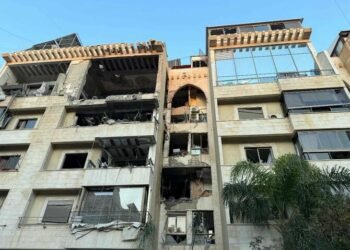
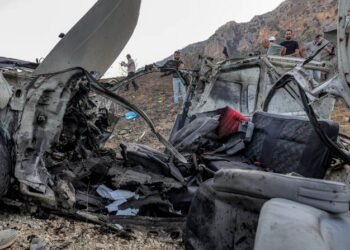
 United Arab Emirates Dirham Exchange Rate
United Arab Emirates Dirham Exchange Rate